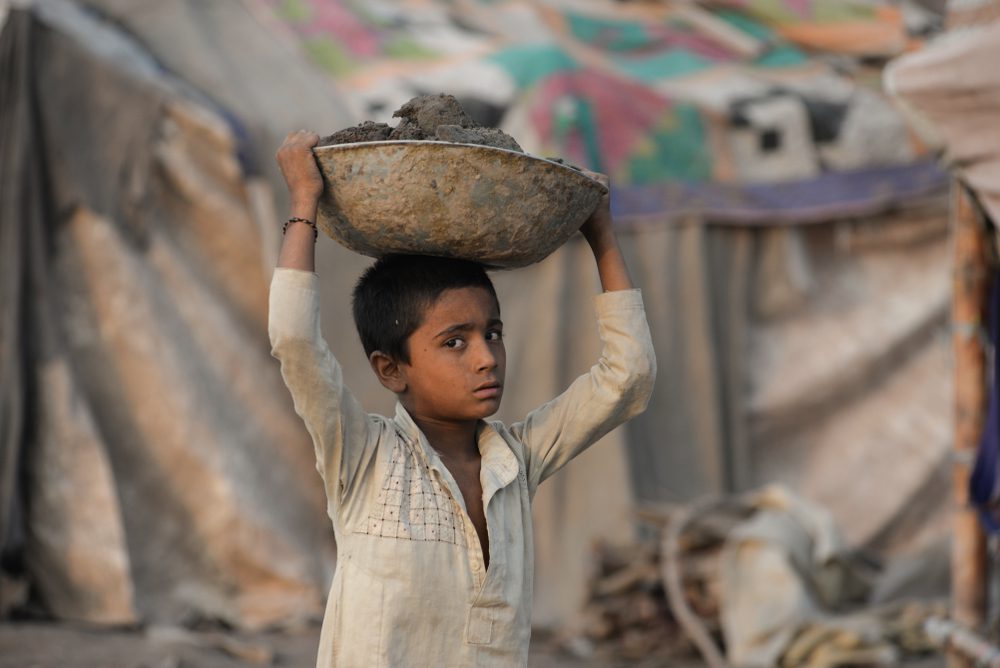
Not every job that children can participate in should be considered child labor. Usually, when kids and adolescents are above the minimum age for acceptance to work, and the schedule doesn’t interfere with school hours or homework, that is seen as something positive.
The work activity that they are doing shouldn’t affect their health and personal development. This can include activities such as being a part of a family business or doing some services for people in order to earn some pocket money outside the school programs and sometimes during school holidays. These can be activities such as mow lawing, babysitting, and so many others.
It is believed that these types of activities can contribute to kids’ development and to the wellbeing of their families. Working from a young age will provide children with skills and experiences, and it will teach them the value of money and how hard you have to work to earn it. In addition to that, they will be prepared to be productive members of society when they will be adults.
When we are talking about child labor, we are actually referring to work that deprives kids of their childhood, their cognitive potential when it comes to scientific knowledge, and their dignity. These things can be harmful to their mental and physical development.
For example, if a child works for two hours after they have finished their homework, that is completely fine, because it doesn’t interfere with school hours, but they will learn how to be more organized, and also how to become independent when they will grow up.
Child labor is completely different than that. When a kid works for eight hours instead of going to their classes, that is when their physical and mental health will suffer.
Despite the petitions and global efforts that many humanitarian groups have created, there are many big and well-known companies around the world that still employ child labor (knowingly or not), in order to make a profit. Let’s take a look at some of them:























